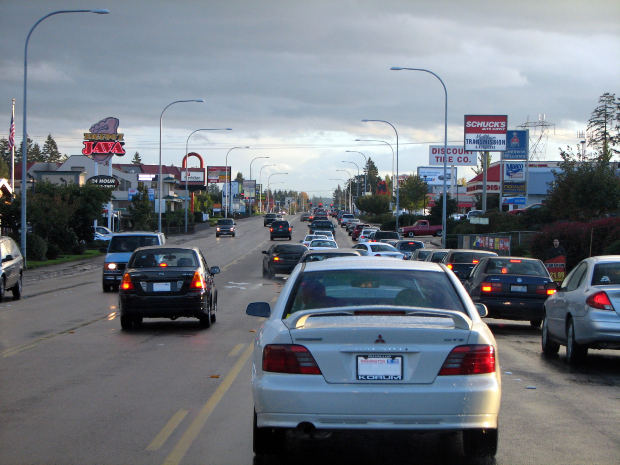Motorcycle accidents often leave operators and passengers suffering serious injury, facing huge medical bills and the inability to work for an extended period of time. Even so, the last thing many want to do is sue a friend or loved one. What you need to understand is that while you may need to bring a…
Continue reading ›Articles Posted in Fort Lauderdale accident lawyer
In Florida car accident litigation, it’s not just the facts that matter. It’s the procedural details. The claim has to be properly stated, served and filed. All the elements have to be there – on time – or else you risk forfeiting your right to assert damages, perhaps forever. This was the unfortunate outcome for…
Continue reading ›Distraction plays a role in an increasingly large percentage of car accidents in Florida and across the country – fueled mostly by the proliferation of smartphones. We know those drivers may be held liable if they are distracted and cause a crash. However, an emerging legal trend involves holding accountable those with whom the driver…
Continue reading ›Just because a Fort Lauderdale car accident occurs at relatively low speeds does not mean it cannot cause serious injuries. Consider that a typical passenger car weighs about 2,000 pounds. If that vehicle makes impact at 10 mph, it’s going to strike with 3.7 tons of force. Of course, this has the potential to cause…
Continue reading ›
















